7 Things Tech Recruiters Wish You Knew About Your Job Search
02 Aug, 20212 min
Working with tech recruiters should make your life easier, not more stressful. When you know how to partner with a specialist agency like Acceler8 Talent, you get access to better roles in AI, machine learning, hardware, and deep tech, stronger interview prep, and cleaner offers.
Key Takeaways:
- Partnering with one specialist tech recruiter usually beats spreading your CV across several generalist agencies.
- Honest conversations about salary, tech stack, location, and timing help recruiters focus on roles that actually fit you.
- Fast feedback after interviews lets your recruiter move you through processes or redirect you to better suited positions.
- A complete LinkedIn profile and focused resume make you easier to find and easier to sell to engineering leaders.
- Deciding in advance how you’ll respond to counter offers protects you from short term fixes that slow your career.
Why working with tech recruiters can feel confusing
Searching for your next role can feel like a second job. Your inbox is full of messages from recruiters, many of them generic, and it is hard to know who to trust or how to use that network properly.
As consultants who live in engineering and deep tech recruitment every day, we see a big difference between candidates who know how to work with us and those who treat every recruiter the same. The first group usually lands better roles, faster.
Why do tech recruiters care so much about how you work with them?
Tech recruiters care how you work with them because collaboration directly affects the quality of roles you see and the offers you receive.
If you are clear, responsive, and honest, a specialist recruiter can position you as a high priority candidate with their best clients, whether that is a start up, scale up, or global engineering firm. If communication is patchy or vague, they have to guess, and guessing rarely leads to strong outcomes.
Setting the foundations: honesty and focus
Before we talk about resumes and LinkedIn, it starts with a simple human conversation.
Why do tech recruiters want honesty from the first call?
Tech recruiters want honesty from the first call because they need real data to filter roles in busy markets like AI, data, and semiconductor hardware.
If you are open about:
- The tech stack you want to focus on.
- The sectors you care about, such as AI, fintech, or quantum.
- Your salary and equity expectations.
- Your preferred locations and remote expectations.
then your recruiter can scan their live mandates and shortlist only those that make sense. If you are not open to a move right now, say that clearly and they can update their system, instead of chasing you every few weeks.
A common mistake we see is candidates sending their CV to five different agencies at once. In practice, you get better results by working closely with one or two specialist tech recruiters who understand your profile and can present you consistently to engineering leaders and talent teams.
Communicating during the process
Strong communication does not mean long calls. It means short, focused updates at the right moments.
Why is feedback after interviews so important to tech recruiters?
Feedback after interviews is important to tech recruiters because it tells them how to steer the process and how to talk about you with the hiring team.
A ten minute catch up after a phone screen, coding test, or final round gives you space to talk through:
- What you liked and what felt off.
- How well the role matched what you were sold.
- Whether you want to move to the next stage or step back.
Here is a quick insider tip. Hiring managers often ask, “How did they feel about it?” If your recruiter can say confidently that you are engaged and excited, that can help when they are comparing you with other engineers.
Why do recruiters ask about counter offers and notice periods?
Recruiters ask about counter offers and notice periods because they need to judge how likely it is that you will actually move.
Questions about how your manager might react to a resignation are not just curiosity. They help your recruiter plan timelines, manage client expectations, and support you if your employer tries to keep you with a last minute salary bump.
From experience, many candidates who accept counter offers find that the real issues at work never change. They often restart their job search within six to twelve months. Deciding early how you will handle a counter offer makes that moment much easier.
Making time without losing your day
You are busy, often in a demanding engineering role already. Good recruiters respect that.
How much time should an engineer set aside to speak with a recruiter?
The time an engineer should set aside to speak with a recruiter is at least one focused ten minute call at the start, then shorter check ins around key stages.
Most candidates are at work when a recruiter first calls. If you cannot talk, agree a specific time later, perhaps during lunch or on your commute.
That first proper conversation is where your recruiter learns:
- What you like and dislike about your current role.
- Which technologies you want more exposure to.
- How you see your next one to three years.
Before interviews, read the prep your recruiter sends. A good tech recruiter will share insight on the product, architecture, and interview format that you will not get from a standard job ad. That information can change how you present your projects and decisions.
Being easy to find: LinkedIn and resumes
Recruiters use search tools daily. If you are invisible online or your resume is vague, you are much harder to help.
How can engineers make their LinkedIn profile more visible to tech recruiters?
Engineers can make their LinkedIn profile more visible to tech recruiters by completing every key section and speaking the language of their niche.
You will help yourself if you:
- Use a clear headline that includes your main title and key skills, for example “Machine Learning Engineer | Python, PyTorch, MLOps”.
- Fill in your summary with a short, specific overview of what you do and what you want next.
- List core tools and frameworks under skills, such as CUDA, Verilog, TensorFlow, or AWS, depending on your field.
- Turn on the “open to work” setting and specify the roles, locations, and work setups you will consider.
Recruiters also search job boards and CV databases. If you are actively looking, upload your resume to the main platforms used in your niche and check that your contact details are current.
How can a technical resume stand out to a specialist recruiter?
A technical resume stands out to a specialist recruiter when it is tailored to the role, rich in outcomes, and light on empty adjectives.
We see a lot of CVs full of words like motivated and driven, but light on detail. For deep tech roles, hiring managers care more about what you have shipped and improved. For example:
- For a machine learning engineer, talk about metrics such as accuracy improvements, F1 scores, latency reduction, or training cost savings.
- For a hardware engineer, highlight power, performance, and area gains, yield improvements, or successful tape outs.
- For a software engineer, show reduced response times, reliability improvements, or user impact in clear numbers.
A simple formula of problem, action, and result in each bullet point makes it easier for a recruiter to explain your value to a CTO, VP Engineering, or Head of Data.
How to work with a tech recruiter so you get better offers
The outcome of this approach is a cleaner search, fewer wasted processes, and offers that actually match what you want.
Be clear about your situation - Share your current role, salary, notice period, and reasons for moving so your recruiter sees the full picture from the start.
Define your target roles - Talk through titles, domains, tech stacks, and company size so you both know what a good move looks like.
Choose a main specialist partner - Pick one or two tech recruiters you trust to represent you across AI, hardware, or deep tech, rather than many agencies sending your CV everywhere.
Make time for proper briefings - Take ten minutes before each stage to hear about the company, interview format, and what the hiring team usually likes to see.
Give fast, honest feedback - After each interview, share what went well, what worried you, and whether you want to continue, so your recruiter can steer things properly.
Keep your online profile current - Update LinkedIn and job boards so your skills, projects, and interests reflect the roles you are asking for.
Decide your counter offer stance
Think in advance about how you will respond if your current employer raises your salary, so you are not deciding under pressure.
FAQs: what tech recruiters wish engineers knew
Q: Why do tech recruiters want engineers to be honest from the first call?
A: The reason tech recruiters want engineers to be honest from the first call is that real information on tech stack, salary, and location lets them filter out poor fits and focus on roles that genuinely match your goals.
Q: Is it better for engineers to work with one tech recruiter or several at once?
A: The approach that works best for most engineers is to work closely with one or two specialist tech recruiters who understand your niche, instead of sending your CV to many agencies and risking confusion or duplicate submissions.
Q: How often should a candidate follow up with a recruiter during a process?
A: The rhythm that works well is to follow up after each interview, plus a brief check in if you have not heard about next steps by the date the recruiter or hiring team mentioned.
Q: Why do recruiters ask about counter offers and my plans if my company responds?
A: The reason recruiters ask about counter offers is to understand how committed you are to a move and to help you think through your response before your current employer puts you on the spot.
Q: How important is LinkedIn for engineers who want tech recruiters to contact them?
A: LinkedIn is very important for engineers who want tech recruiters to contact them, because recruiters use it as a primary search tool and complete, specific profiles appear far more often in searches for particular skills.
About the author
This article was written by a specialist tech recruiter at Acceler8 Talent who works daily with software engineers, machine learning researchers, hardware designers, and deep tech candidates across the UK, US, and Europe. Drawing on real processes and feedback from hiring managers in start ups, scale ups, and global engineering firms, they help candidates navigate the recruitment process with less noise and better outcomes.
Ready for a better job search with a tech specialist?
If you want your next move in AI, data, hardware, or deep tech to be more focused and less stressful, you do not have to manage it alone. A specialist recruiter can help you target the right roles, prepare properly, and secure offers that match your skills and goals.
You can speak to the Acceler8 Talent team to talk through your profile, your ambitions, and how a more structured search could help you take the next step in your engineering career.



